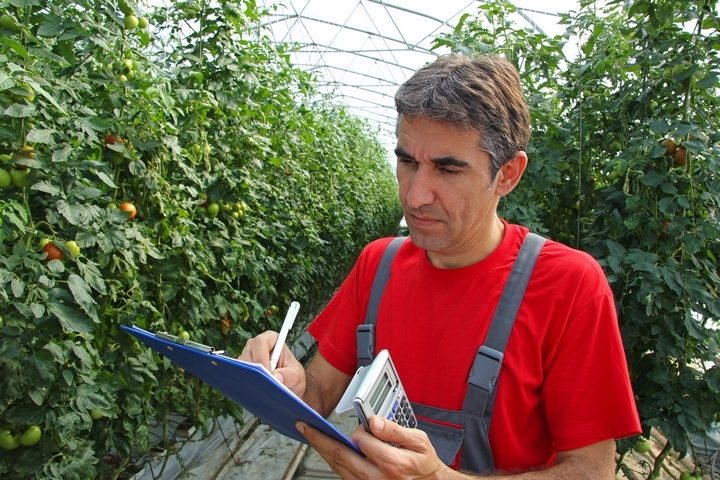Farm work opportunities exist in almost every corner of the country. Farms are always looking for assistance in one way or another to help with crops and livestock. Suppose you’re considering a job opportunity working on a farm or considering becoming a farmer. In that case, there are a lot of advantages to farming work but also some hardships and challenges.
Before deciding whether to pursue farm work, let’s look honestly at what working on a farm is like.
1. Taking Care of Crops
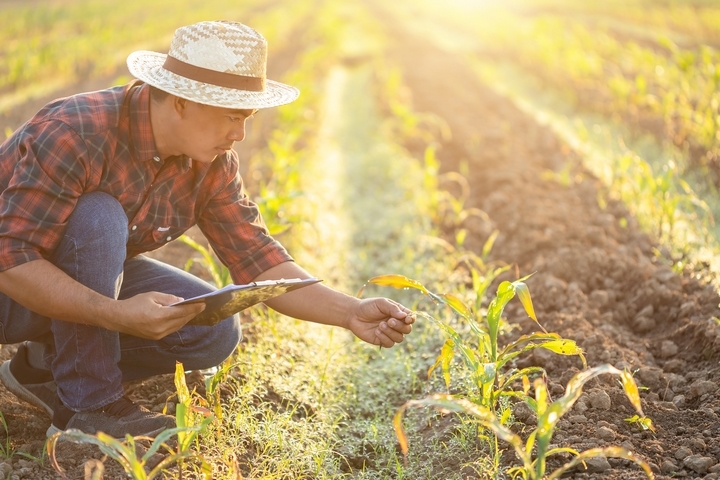
A lot of farms grow plants, flowers, and crops. Working on a farm, you may be assigned tasks relating to planting, fertilizing, and harvesting plants. Fertilizers and seeds may need to be spread and planted, sometimes using ag equipment. When you’re working with crops, the work is repetitive but necessary.
2. Taking Care of Animals
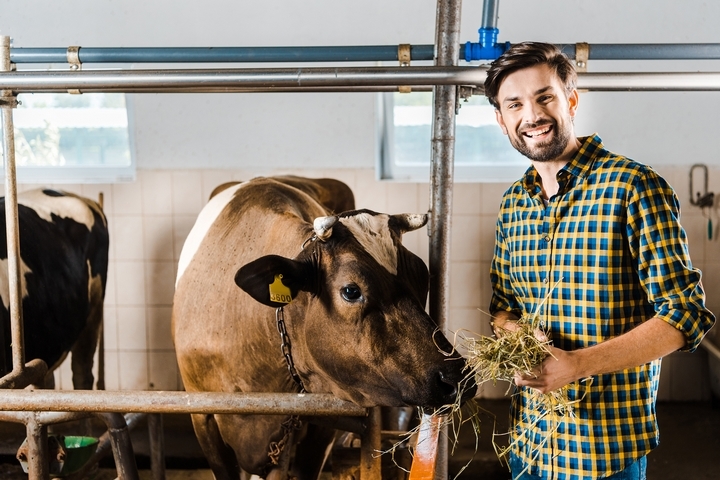
Animals are not necessarily difficult to care for, but their care must be constant. You may be tasked with feeding the animals, herding them, providing special diets or special care to livestock that need it, and more. There is also a lot of cleaning that has to take place, maintaining the barns and various livestock environments.
3. Early Wake-Up and Long Days

If the sun is out, a farmer works on a farm. So much of their work is guided by the weather and climate. To this point, a farm worker may wake up close to sunrise and work until sunset. The work isn’t always the most intense. However, it can be repetitive, and you are almost always moving, which can help burn calories but also takes a lot of energy.
4. Time Management Is Important
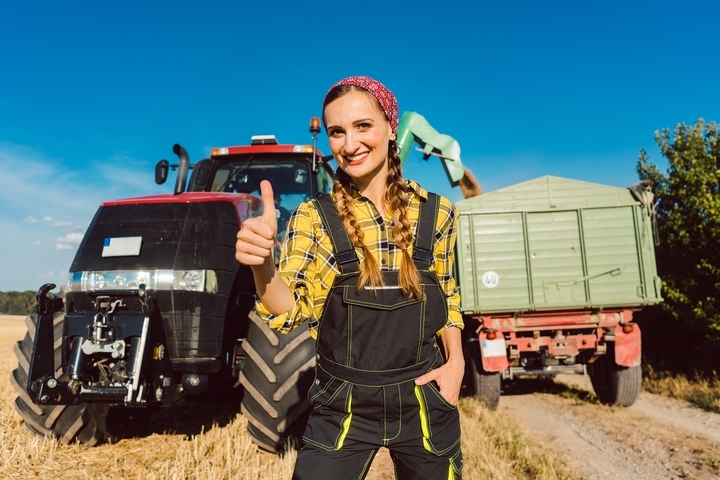
A twelve-hour day might seem to go by very slowly, but it goes by fast when you’re working. Time management is key, not just during the day but also during the season. If other workers fall behind in their tasks, you may volunteer or be assigned to help complete tasks that aren’t within your job description. That’s just the nature of farm work.
5. There’s a Lot to Learn on a Farm
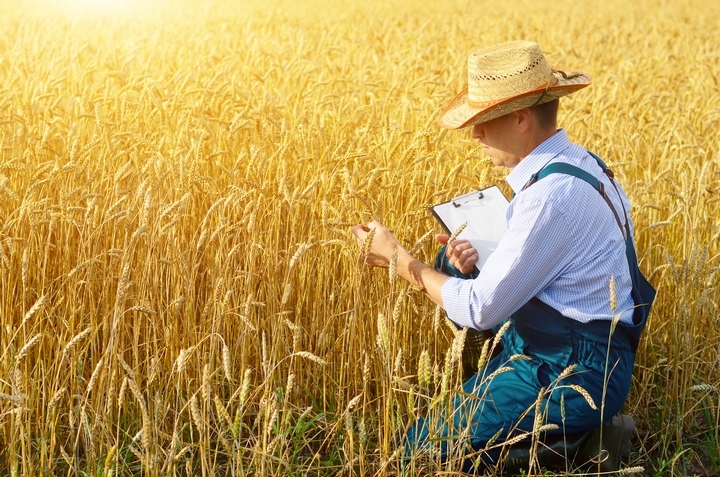
There are two-year and four-year degrees in agricultural sciences, farm business, and animal science. There is much to learn about how to farm, tend to crops and livestock, and care for animals. You’re always learning when you work on a farm, as repetitive as some work can feel.
6. Operating Agricultural Equipment
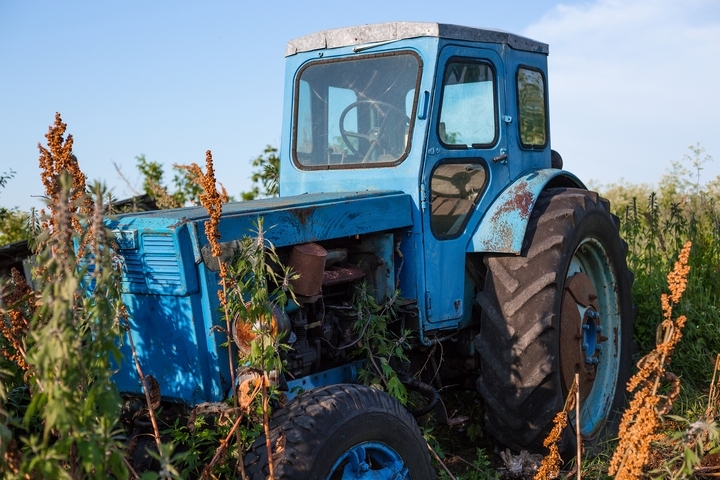
To perform tasks on the farm, agricultural equipment is required. Common farm equipment includes trucks, utility vehicles, tractors, lawnmowers, plows, backhoes, tillers, diggers, wagons, loaders, balers, harvesters, saws, shovels, rakes, sprayers, and others.
A farm worker is typically trained in how to use this equipment as well as how to use farm facilities and farm tools. Furthermore, the equipment should be checked before use to guarantee everything is in working condition. Someone on the farm must regularly inspect and maintain the farming equipment.
7. You Don’t Have to Be From A Farming Family

Though many people get into farming because of a farm that’s been in the family for generations, anyone can start. Working on a farm doesn’t take any special knowledge or gifts. You need an open mind, the aptitude to learn and adapt to changing conditions, and commitment. Be willing to do the work.
8. Farming Is Physical And Constant
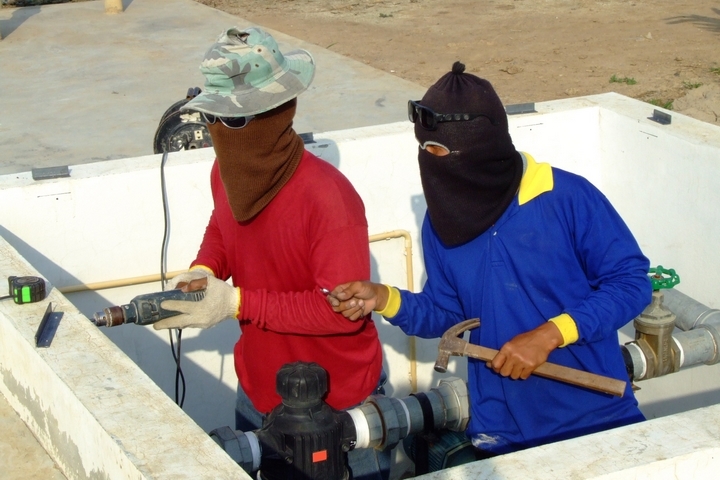
Farming is a very physical task. You’re always moving depending on what you’re doing on a farm. You’re getting your hands dirty and using up your strength gradually. You must ensure you have the energy and determination to keep going through your day, as physicality is constant. This job requires a lot of manual labour that can put a lot on the body.
9. There Are Lots of Benefits to Being in Nature
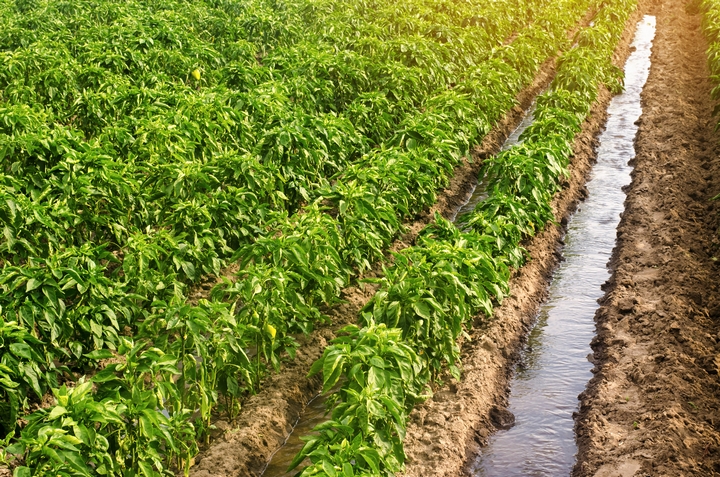
There is nothing like working on a farm. You get to wake up in the countryside. You’re breathing in unpolluted, fresh, natural air. You’re surrounded by life and growth. You get to work outdoors to learn about the planet, and it doesn’t feel so much like being locked or trapped in a city, a cubicle, or indoors.
For people not used to working on a farm, it’s not uncommon to feel improved mental health and well-being.
10. You’re Working with Others
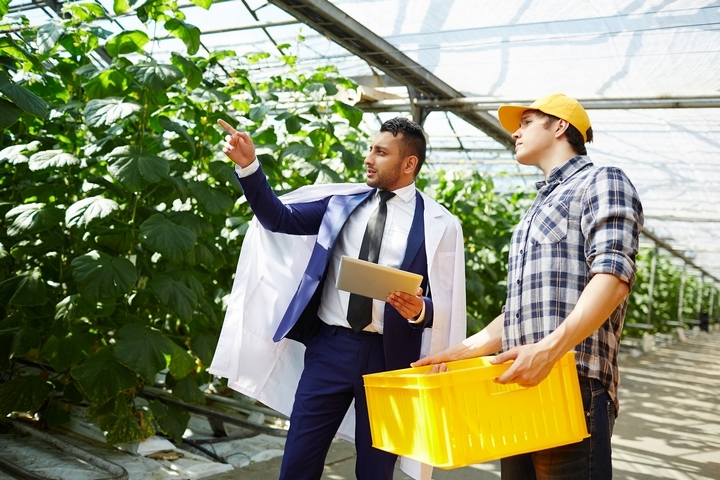
While many farming tasks are done independently, you always work as a team member. A single person cannot manage a farm. With other farmworkers, you complete assigned tasks, share meals, and form bonds with hard workers like yourself. It’s a very traditional way of work, entirely different from how much modern work is done today.
You are also collaborating with many different stakeholders, on and off the farm, to achieve objectives set by the farm manager.

